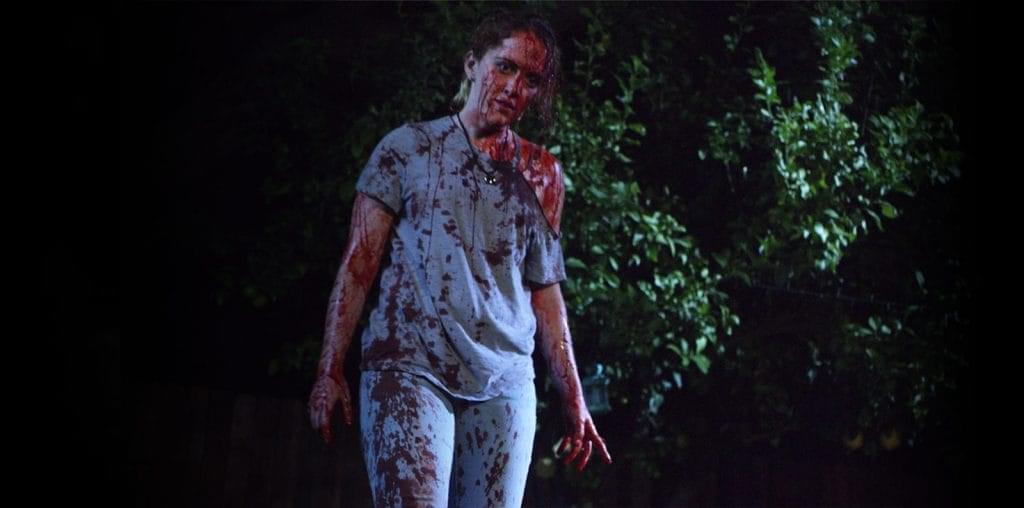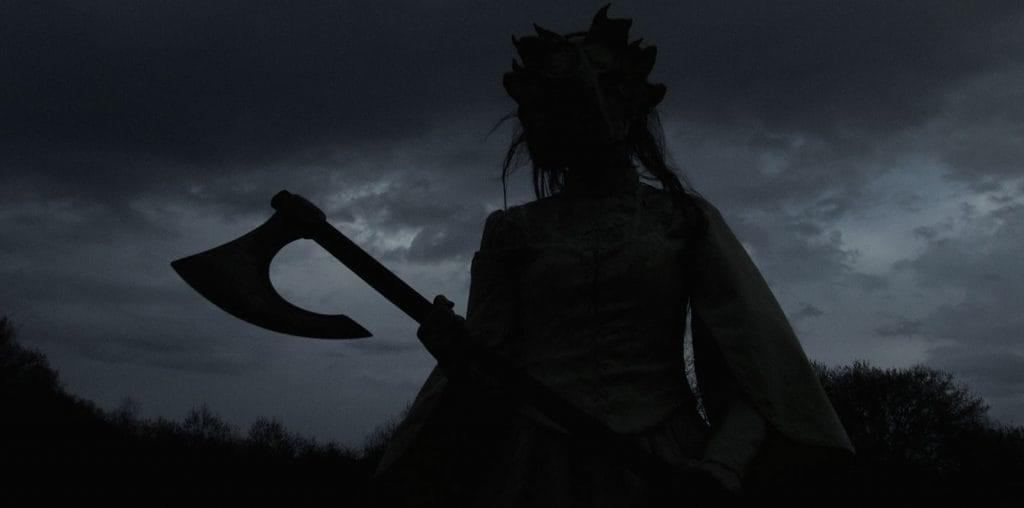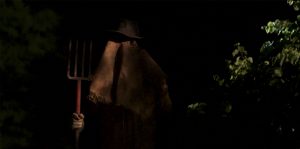
As the title suggests, Lady Usher is a modern-day retelling of Edgar Allan Poe’s The Fall Of The House Of Usher. Here, Morgan (Billie D. Merritt) visits her boyfriend, Roderick Usher (John Tupy), who is home from college as his father has taken quite ill. Her unplanned stay takes Roderick and Lady Usher (Theresa Santiago) by surprise, though Morgan’s beau is pleased to see her. The mistress of the house, though, is not happy that Morgan is here.
She’s a demanding, exacting person whose control over Roderick is as eerie as it is inexplicable. Now, Morgan has to not only help Roderick grieve but attempt to break his family’s hold on him. Adding pressure to that seemingly insurmountable task is how the house seems to prey on Morgan’s fears, even when she’s awake. Has she gone mad, or is the House of Usher alive?
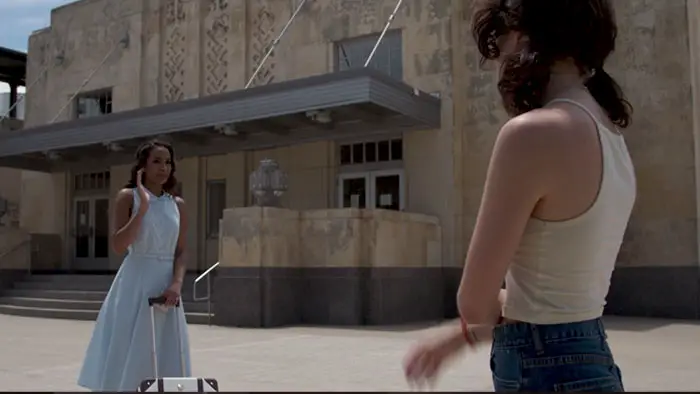
“…Morgan has to not only help Roderick grieve but attempt to break his family’s hold on him.”
Written and directed by the acclaimed George Adams, Lady Usher slowly builds to its crescendo. While the movie greatly awards the patient viewer, those wanting more scares or action will leave disappointed. The film is filled with unsettling little moments, such as Lady Usher’s demands that Morgan leaves in the morning. It is not played broadly evil or in an over-the-top threatening way, just in a way like she already knows that this is what is going to happen. Roderick and the other members of the household just take it for granted that her demands be met. The tension comes because Morgan exerts her free will and agency, not accepting an inevitable fate.
Yes, there is the moment Morgan sees Lady Usher in the shower. But, the way it plays out leaves the audience on the fence as to whether it is real or a nightmare (of sorts) Morgan is having. Either way, it just amps up the mystery and increases the familial strain Morgan represents. The story structure of Lady Usher is immaculate, which is a surprise given how old and well-known the source material is.
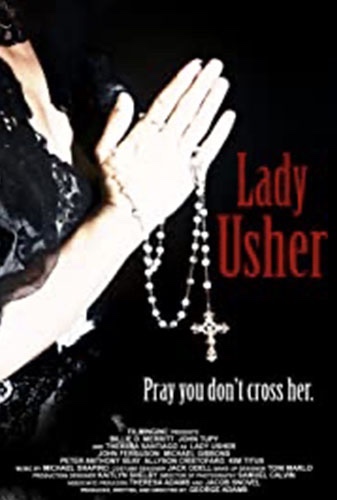
"…greatly awards the patient viewer..."

